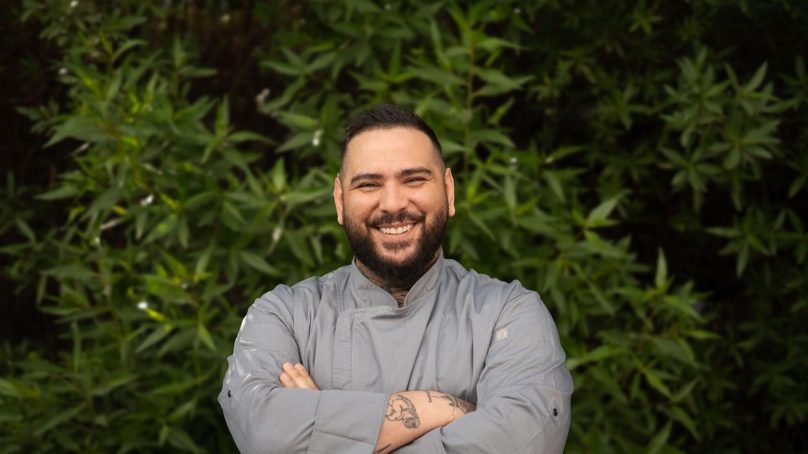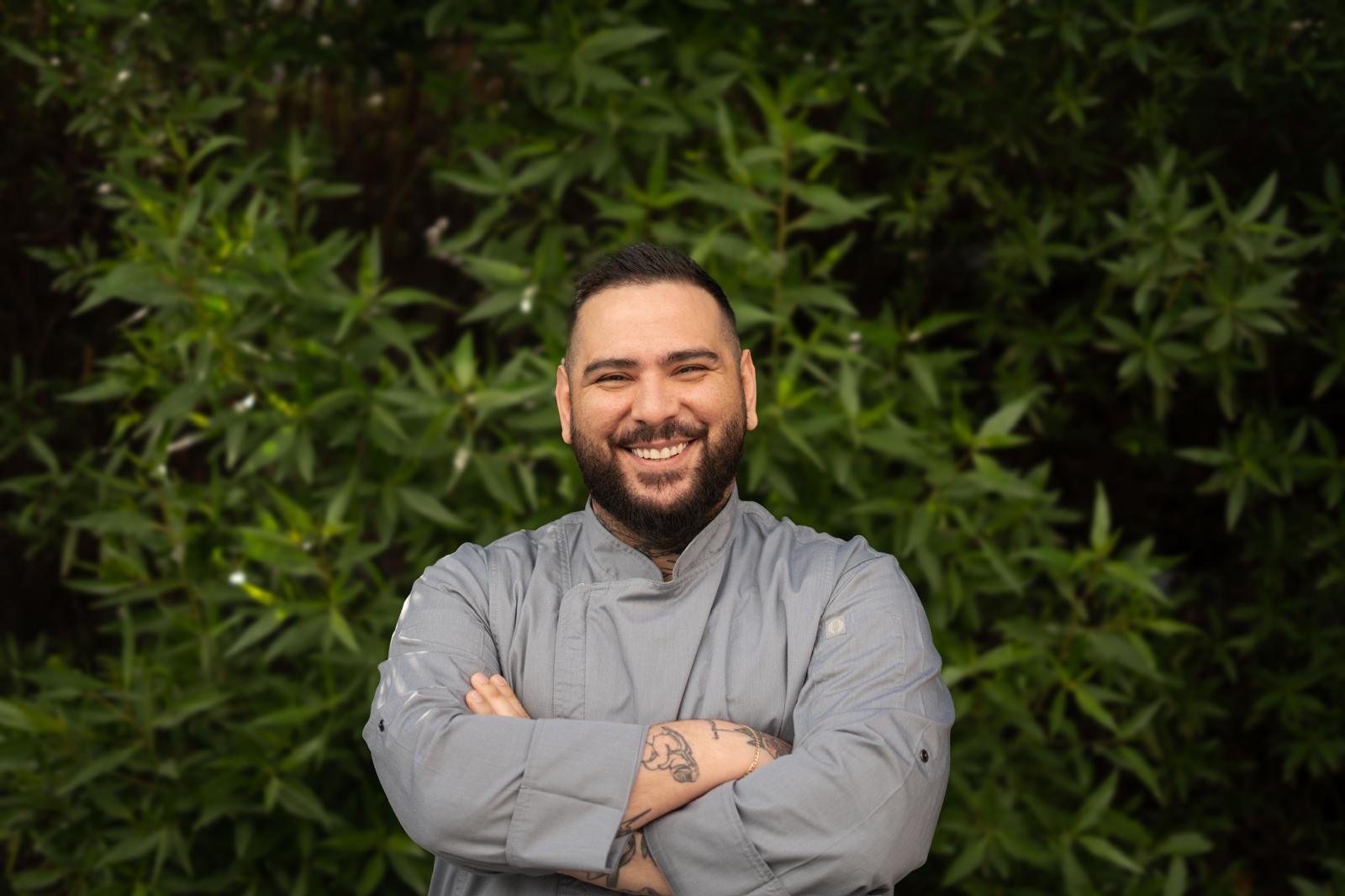Massimiliano Bartolini boasts over two decades of culinary experience. Indeed, the chef and entrepreneur views food as a universal language that bridges cultures and promotes understanding. Eight years ago, he relocated to Kuwait and began offering luxury Italian dining experiences as a private chef. Drawing from his recent venture of launching an Italian street food delivery concept in Kuwait, centered on the convenience of the cloud kitchen model, we explore the dynamics of the cloud market in Kuwait.
In your opinion, what factors have contributed to the rapid growth of the cloud kitchen sector in Kuwait?
Kuwait is a culinary pioneer. In recent years, cloud kitchens have gained popularity and grown rapidly. The pandemic, as I previously mentioned, accelerated the shift toward online ordering, transforming the landscape of consumer food services completely. During that period, there was a significant rise in demand for food delivery, which shaped the industry further. Additionally, Kuwait’s tech-savvy population and fast-paced lifestyle contributed to the increased use of platforms like Deliveroo and Talabat.
Another key factor driving this trend is cost efficiency, which makes cloud kitchens an attractive option for entrepreneurs. Compared to traditional restaurants, cloud kitchens require lower investments in rent and staff, easing industry entry. Moreover, the flexibility and low-risk nature of cloud kitchens allow for quick adaptation to Kuwait’s dynamic and ever-evolving food service landscape. Without physical space constraints, operators can test new concepts and adjust swiftly, minimizing potential risks in the process.
What challenges does the cloud kitchen industry in Kuwait face?
Despite the rapid growth of the cloud kitchen business in Kuwait, challenges, like any other industry, inevitably arise over time. One significant challenge is the limited delivery coverage. Furthermore, the volume of orders can become overwhelming, particularly on weekends, requiring careful planning to maintain food quality consistently. To balance high demand with quality requires training staff in time management and efficient delivery to avoid compromising standards.
Standing out in Kuwait’s competitive market is another hurdle, especially with the booming growth of healthy food kitchens offering meal plans. As I mentioned earlier, this competition makes differentiation critical, pushing businesses to innovate to attract loyal customers.
While cloud kitchens save costs on real estate, other factors, such as food quality and branding, can still be expensive. For example, at The Roman Street, we have invested heavily in packaging to ensure a premium customer experience. We collaborated with a company to design boxes that preserve freshness and maintain food temperature during delivery. This ensures customers receive meals that are consistently fresh, warm and delicious, enhancing their overall satisfaction.
How has the demand for delivery services shaped the cloud kitchen sector in Kuwait?
After the pandemic, the number of cloud kitchens increased significantly, driven by the rising demand for quick and high-quality meal options. Additionally, cloud kitchens often collaborate with popular platforms in Kuwait, such as Talabat and Deliveroo, to access larger customer bases. This collaboration makes it easier to reach a wide range of demographics and expand their market presence effectively.
As I previously mentioned, businesses can open multiple cloud kitchens across the country to cater to the diverse demands of different areas. Furthermore, the cloud kitchen model allows operators to experiment easily with various cuisines and menu concepts without substantial financial risks. With minimal overhead, multiple brands can operate from a single kitchen, ensuring flexibility and innovation within the business model.
What trends and innovations are driving the future of the cloud kitchen industry in Kuwait?
Japanese cuisine is very popular in Kuwait, as is Korean, but currently, there is a significant boom in Mexican food. Furthermore, Kuwait’s culinary landscape evolves quickly, reflecting changing tastes and preferences among its diverse population.
In recent years, there has been growing demand for healthy, organic foods, aligning with global wellness trends. Farmers’ markets have become more common, especially during the cooler months from November to March, offering fresh, local produce. However, despite these evolving trends, Italian cuisine remains a perennial favorite among both Kuwaitis and expatriates.


















